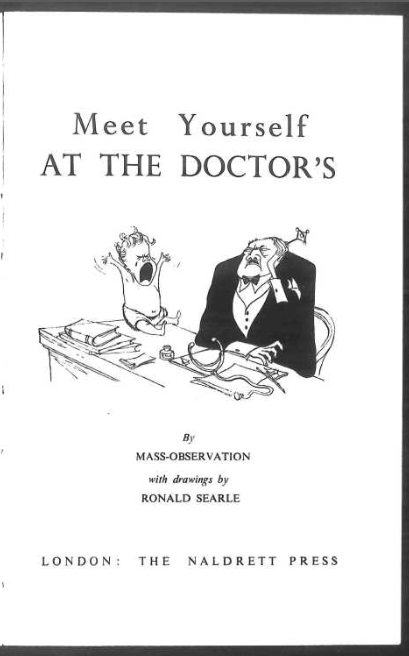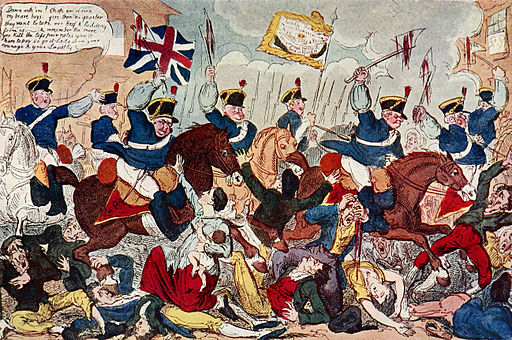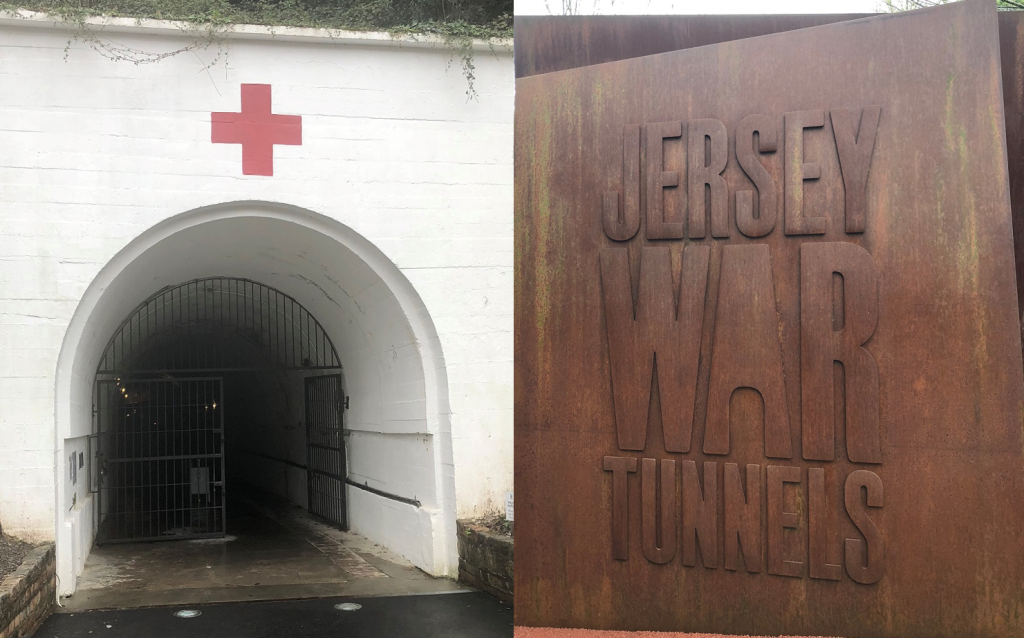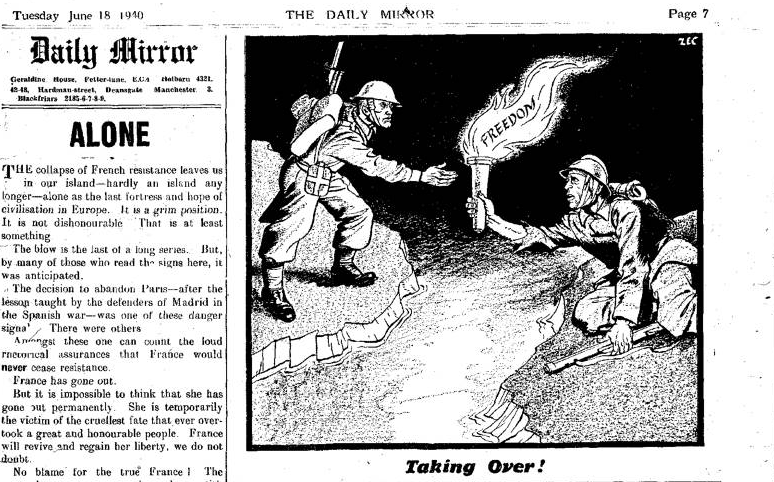70 years ago today, 5 July, the National Health Service (NHS) was established, one of a number of social and welfare reforms from the post-World War II Labour government (though initial proposals for the NHS came from the World War II coalition government). Launched just over two years after Aneurin Bevan, Minister of Health, published his National Health Service Bill, the NHS provided medical and healthcare services for free at the point of delivery.
On the NHS’s 70th birthday I have pulled together a small selection of primary resources, digital and physical, you have access to at the Library that will help you explore the history of the NHS.
What did the people think?
Mass Observation was a pioneering social research organisation founded in 1937. The aim was to create an ‘anthropology of ourselves’, and by recruiting a team of observers and a panel of volunteer writers they studied the everyday lives of ordinary people in Britain. This original work continued until the early 1950s and gives unparalleled insight into everyday life in Britain during that time.

Through our Library you have access to Mass Observation Online, which makes available the entire Mass Observation archive from that period and includes original manuscript and typescript papers (such as diaries, day reports, questionnaires, observations, etc.) created and collected by the Mass Observation organisation, as well as printed publications, photographs and some interactive features.

Mass-Observation. 1949. Meet Yourself at the Doctor’s. London: Naldrett. Available from Mass Observation Online.
In Mass Observation Online you will find a large amount of material detailing people’s opinions and experiences of the NHS from its earliest days. From Mass Observation’s own file reports and publications pulling together people’s comments, observations and experiences of the NHS to the original diary entries and questionnaire responses.
The material available allows you to read about people’s views on the NHS prior to it being launched and their opinions and experiences of the service in its first few years of existence.
When you are using Mass Observation Online the easiest way to find material regarding the NHS is by clicking on the “Popular Searches” button near the top right-hand side of page and then under the “Organisations” tab click on “National Health Service”. Continue reading →












